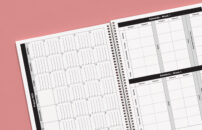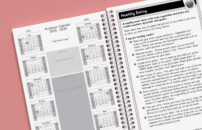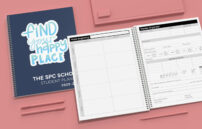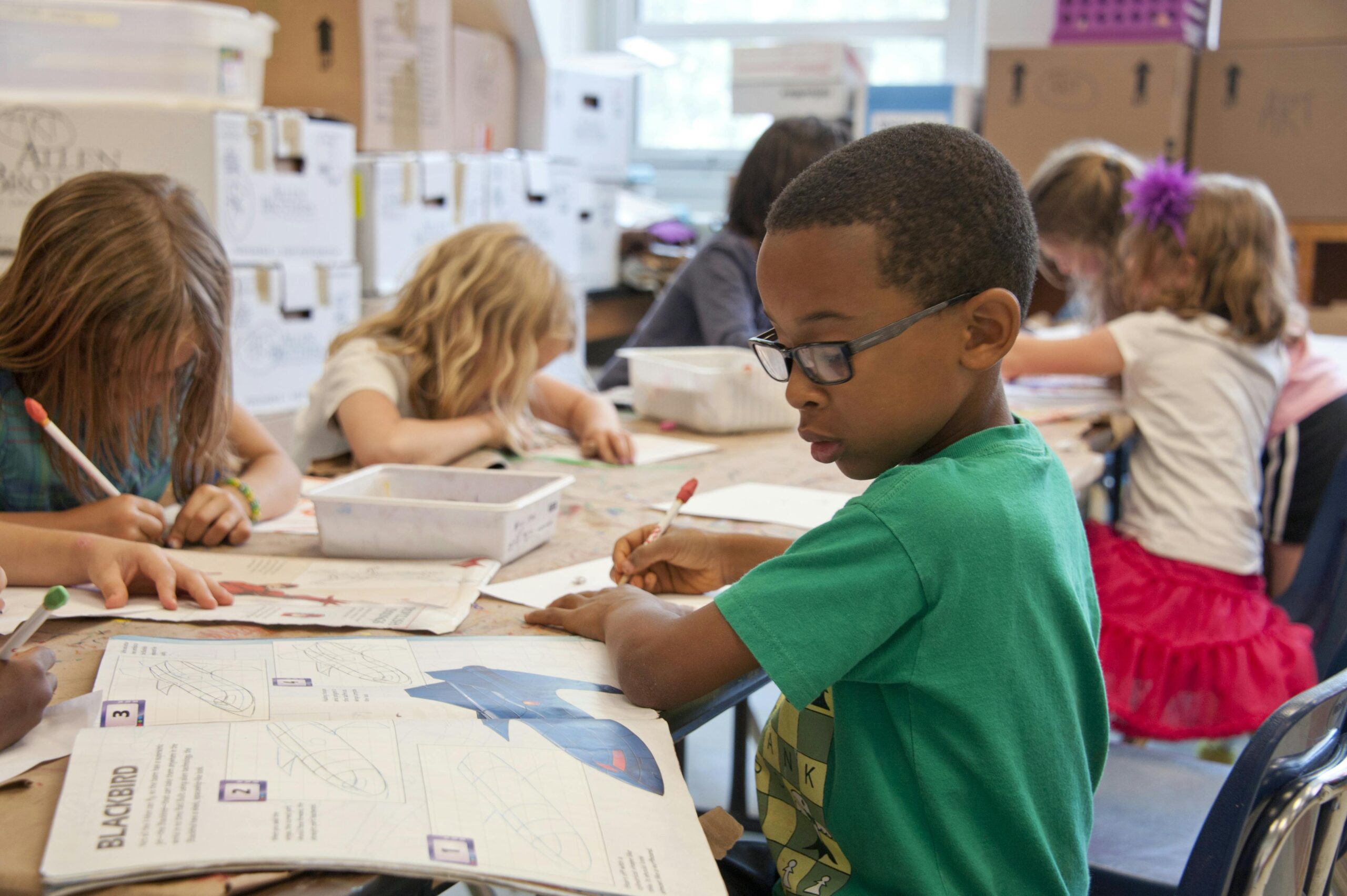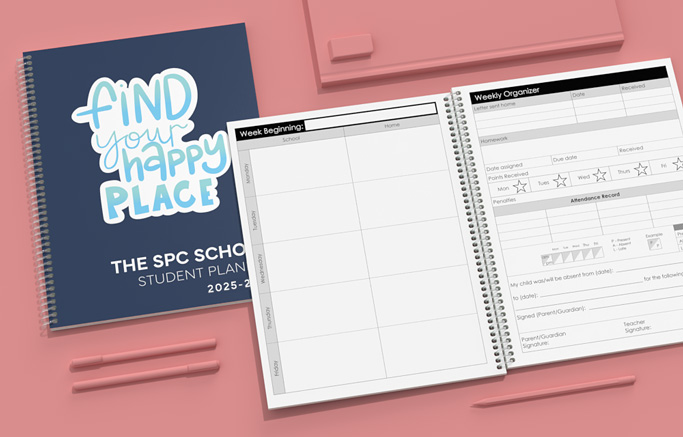
Digital vs. Paper
Digital vs. Paper
In the ever-evolving world of education, teachers, students, and administrators constantly seek tools to enhance productivity, manage time, and improve organization. One debate remains ongoing: digital planners vs. paper planners.
Each offers unique advantages, but the best choice often depends on individual preferences, school culture, and specific needs. Here’s a breakdown to help you decide which type of planner is right for your classroom or school.
The Case for Paper Planners
Get Your Free Personalized Quote
Our school planner specialists can create a completely free no-obligation quote for your school, based on your school’s information, pages and resources.
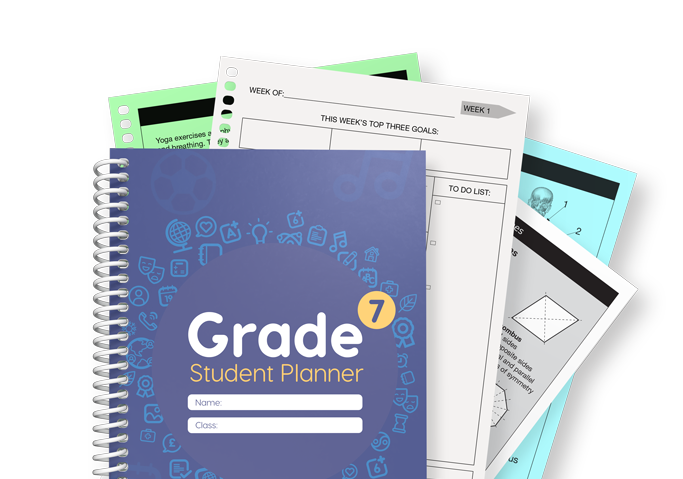
FAQ: Paper vs. Digital Planners
Paper planners are distraction-free, offering a break from the pings and pop-ups that often interrupt productivity. Whether for students, educators, or professionals, a paper planner is not just a tool for organization—it’s a proven method for clarity and control in a busy world.
Paper planners provide a tactile, distraction-free experience that helps students focus better on tasks. Writing by hand has been shown to improve memory and comprehension, making it a powerful tool for learning and productivity.
Studies suggest that handwriting notes and plans enhances cognitive processing, retention, and organizational skills. Paper planners also help students stay accountable by providing a visible record of their goals, assignments, and deadlines.
Digital planners can be convenient for on-the-go use, but they often require charged devices, internet access, and can be prone to distractions from notifications. Paper planners are always accessible, don’t need charging, and promote focused planning.
Paper planners give students a structured, customizable layout to visualize their day, week, or month. This tangible system helps students prioritize tasks and develop essential time-management skills in a way that digital tools often can’t replicate.
Yes! Our planners can be customized with school branding, personalized planner covers and layouts, and features like goal-setting pages, habit trackers, and inspirational quotes to meet the unique needs of your students.
Paper planners are often a one-time, affordable purchase for the school year, with no hidden costs like app subscriptions, upgrades, or device requirements. They’re cost-effective and reliable.
Losing a planner can happen, but having a physical backup is often easier to replace than restoring digital data.
Yes, we use sustainable materials and eco-friendly printing practices to reduce environmental impact. Unlike electronic devices, paper planners don’t require batteries or rare minerals for production.
Absolutely! Paper planners are highly adaptable, with options to include visual aids, simplified layouts, or task breakdowns tailored for students with special education needs.
With space for doodling, personal notes, and journaling, paper planners foster creativity and self-expression in a way that digital screens rarely inspire.
Yes! Use your paper teacher planner or student planner alongside digital tools. For example, students can use apps for reminders while relying on the planner for detailed scheduling and notes.
Teachers report that paper planners help students stay organized, accountable, and less reliant on screens. They also create opportunities for students to practice writing and develop independent planning skills.
Yes! By encouraging students to plan offline, paper planners help reduce screen fatigue, improve focus, and promote healthier habits in today’s digital-heavy environment.
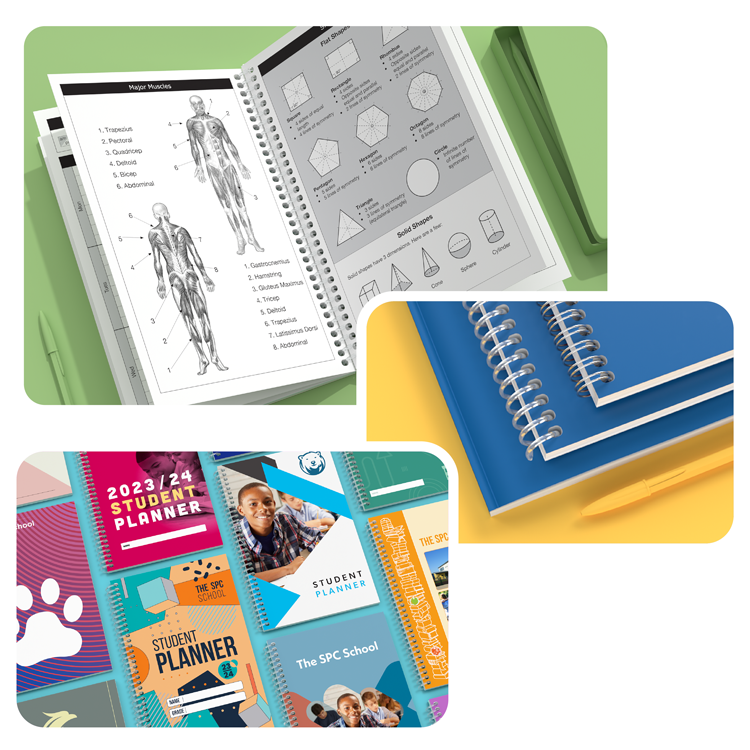
What if my school is tech-focused?
Even in tech-forward schools, paper planners complement digital tools. They offer a backup for schedules and assignments, encourage mindfulness, and reduce screen time, promoting a balanced approach to productivity.

Paper vs. Digital Planner? 10 Reasons to Choose Printed School Planners
There are countless apps, devices, and programs available. But how effective are they in the learning process? Here we look at 10 benefits of paper vs digital planners: 1. Immediate and Tactile Although obvious, paper planners are tactile. And, there […]

Science Makes the Case for Printed Planners
Screen time for kids has long been a much-debated topic, with many arguing that screens are detrimental to children’s health. In recent times there has been a shift from printed to digital materials in schools. This has been, of course, […]

How to Create an Effective Elementary School Planner
Elementary school is a key period for students to practice and strengthen self-regulation skills. By teaching students to take personal initiative in planning, organizing, setting goals, and time management.
